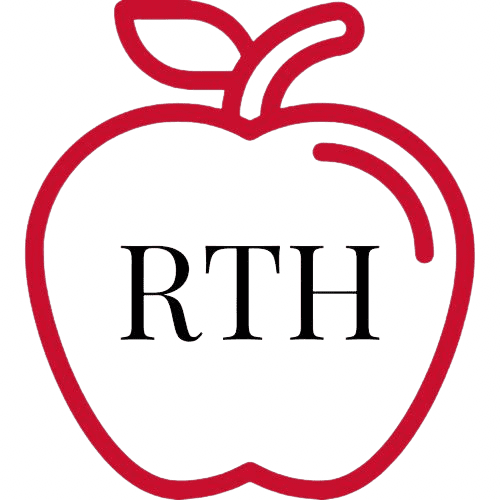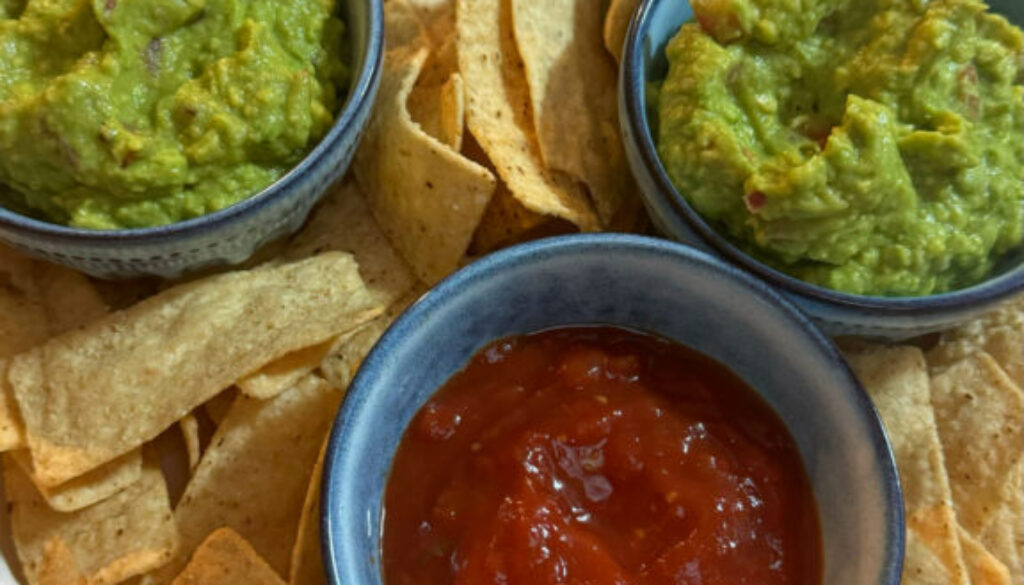Why You’re Always Snacking at Work and How To Address It
Some people find it easier to eat healthier during the weekend, but when it comes to the work week they find themselves snacking a lot throughout the day. Here are some reasons why this can happen and what you can do about it.
Types of food
It can help to look at the types of foods you’re snacking on throughout the day. If the majority of your snacks are things like chips, biscuits and chocolate, they’re not likely to give you enough energy to sustain you throughout the day and you probably need to eat large amounts of these foods to feel full which usually doesn’t leave you feeling great. For more satisfying snacks, try swapping or pairing these foods with a source of protein and fibre. For example, having chips with hummus and carrot sticks, or swapping biscuits for cheese and crackers. When your snacks are more filling, you won’t feel the need to eat as much.
Skipping meals
Having busy work days with meetings and a high workload can make it more challenging to take time to have lunch. When you skip meals it can result in trying to fill up on snacks. If it’s really busy and you don’t have time to take a break, it can help to have either a ready made lunch at your desk or a few ingredients that are easy to throw together such as a ready made salad, can of tuna and microwave rice.
Boredom or stress
You might not be actually hungry, but it can be easy to resort to snacking as a way of coping with boredom or stress. To get out of the habit, try checking in with yourself before eating to see if you’re actually hungry or if you’re actually bored, stressed or experiencing another emotion. If it’s not hunger, try swapping eating for another behaviour, such as committing a certain amount of time to just focus on the task you’re doing or switch up tasks for a while.
Mindless eating
A desk job can make it easy to fall into the trap of eating mindlessly where you’re preoccupied with your work and not paying attention to what you’re eating. This can make it hard to pay attention to your hunger and fullness cues, resulting in overeating. If you’re able to, it can help to take a small break to have a snack, such as eating when you go into the office kitchen.

Understanding why we snack at work is the first step toward making healthier choices. Busy professionals often find themselves reaching for snacks due to stress, boredom, or convenience rather than genuine hunger. By recognising these triggers, you can develop strategies to combat mindless eating.
Remember, snacking doesn’t have to be a guilt-ridden habit. With a little planning and self-awareness, you can turn it into an opportunity to nourish your body and support your productivity.




